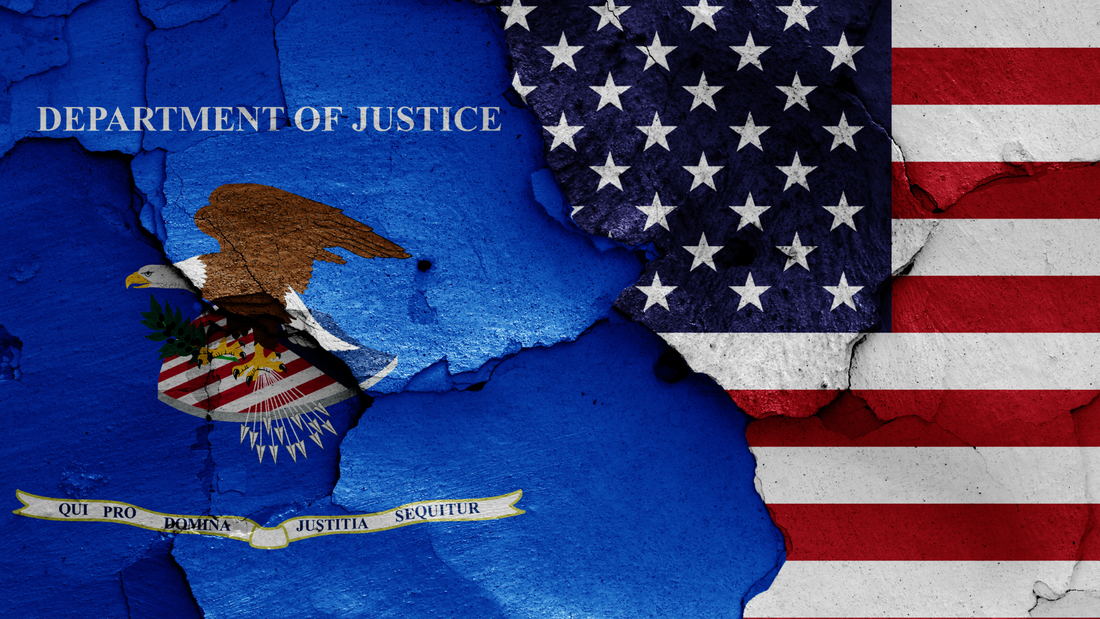|
The Project for Privacy and Surveillance Accountability today released training documents for U.S. Attorneys obtained from a Freedom of Information Act (FOIA) request to the Department of Justice. The results show that U.S. Attorneys are encouraged to “always” seek non-disclosure orders when surveilling Americans – and to “ask for it all!”
Armed with such non-disclosure orders (NDOs), prosecutors block service providers from informing Americans that their personal information, often in the cloud, has been searched by the government. It was already known that this was a common practice, but the documents from the U.S. Executive Office for United States Attorneys show that it is virtually required.
With no legal guardrails and in the face of departmental encouragement, why not, indeed? The NDO Fairness Act, sponsored by Judiciary Chairman Jerry Nadler (D-NY) and Rep. Scott Fitzgerald (R-WI) passed the House of Representatives in June in a bipartisan voice vote. This law would restrain the use of NDOs, allowing Americans to be informed by service providers that they’ve been surveilled, with reasonable exceptions. “In the 21st century federal prosecutors no longer need to show up to your office,” Chairman Nadler told his colleagues on the House Judiciary Committee in discussing the NDO Fairness Act. “They just need to raid your virtual office. They do not have to subpoena journalists directly. They just need to go to the cloud. And rather than providing Americans with meaningful notice that their electronic records are being accessed in a criminal investigation, the Department hides behind its ability to ask third-party providers directly. They deny American citizens, companies, and institutions their basic day in court and, instead, they gather their evidence entirely in secret.” Nadler also noted that the executive branch had targeted journalists and their sources, as well as Members of Congress, their staffs, and their families. Jim Jordan, the Ranking Member of the House Judiciary Committee, said “the laws and guidelines governing surveillance are opaque, antiquated, and easily skirted. Our system of warrants, subpoenas, national security letters, secret courts, and other tools at the government’s disposal must be brought in line with the constitutional considerations of basic due process.” The NDO Fairness Act would insert necessary guardrails by amending 18 U.S.C. 2705 to:
“The direction to ‘always’ seek an NDO with a subpoena or warrant – and to ‘ask for it all’ – should spur the Senate to follow suit and pass the NDO Fairness Act,” said Bob Goodlatte, former Chairman of the House Judiciary Committee and PPSA Senior Policy Advisor. “This strong stand by the House now puts the spotlight on senators to pass this reasonable restraint of the government’s ability to thumb through our personal information.” Comments are closed.
|
Categories
All
|


 RSS Feed
RSS Feed